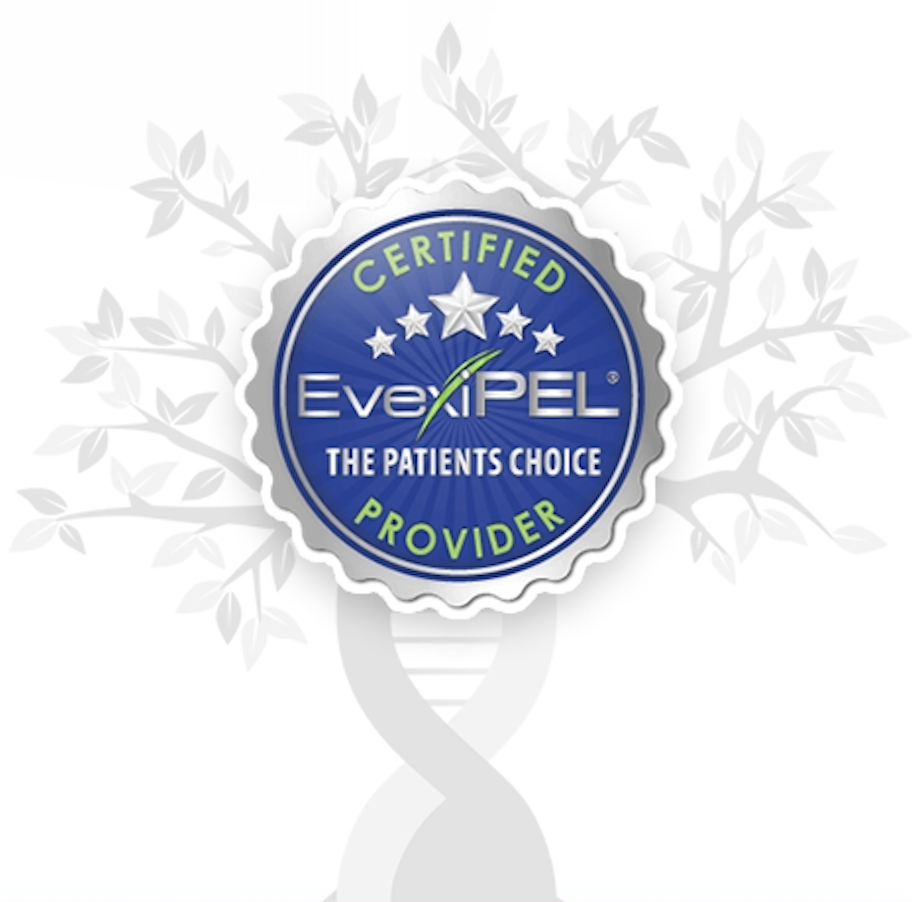Menu
GI Mucosal Support
GI Mucosal Support is a powerful blend of nutraceuticals that have been carefully selected for their ability to support a balanced gut microbiome and help reduce the risk of leaky gut syndrome, a condition where increased intestinal permeability exposes the body to an increased amount of toxins. Many medical experts have identified a strong connection between the gastrointestinal (GI) tract and the immune system. In fact, at least 70 percent of the body’s immune cells are located in the GI tract. Because of this close relationship, maintaining a healthy balance of bacteria in the gut microbiome is essential in promoting healthy immune function and overall metabolic wellness throughout the body.

The Ingredients
L-glutamine
L-glutamine is the most abundant amino acid found in the human body. Like other amino acids, L-glutamine is a building block that is critical to the production of proteins. However, its most crucial role may be in the support of proper gut microbiota balance and healthy immune function. In addition to providing energy for immune and intestinal cells, L-glutamine also helps the body maintain the mucosal barrier that reduces the risk of leaky gut syndrome and protects the gut microbiome from toxins.
Deglycyrrhizinated Licorice (DGL)
Deglycyrrhizinated licorice (DGL) is a powerful herbal supplement that has long been used to address and reduce the risks of many conditions related to the gut microbiome, including indigestion, acid reflux and ulcers. In addition to its gut-supporting properties, DGL has been linked to maintaining healthy blood sugar levels, skin, and body mass index (BMI).
Zinc Carnosine
Zinc carnosine is a potent anti-inflammatory compound that is commonly used to address the many symptoms of gastroesophageal reflux disease (GERD), including heartburn, chest pain, nausea and acid reflux. In addition to addressing the symptoms of GERD, zinc carnosine supports healthy immune and GI function by protecting the mucosal barrier in the intestines.
Aloe Leaf Extract
Aloe leaf extract has been used to address GI issues for centuries in
Eastern medicine. This extract from the aloe vera plant helps the body address stomach issues like irritable bowel syndrome (IBS) and it reduces the risk of stomach ulcers.
The Science
GI Mucosal Support is a potent blend of nutraceuticals and herbal supplements that have been recognized for their shared ability to promote healthy immune function by helping the body maintain the mucosal lining of the intestines. Leaky gut syndrome is a condition marked by increased intestinal permeability caused by an erosion in this mucosal barrier that can lead to the body being exposed to an increased amount of toxins. Although this mucosal lining has the ability to heal and rebuild itself, certain medical conditions, sustained periods of stress, and other triggers can lead to a chronic erosion of the mucosal barrier and leave the gut exposed. While this condition may sound like it only affects the gut and gastrointestinal (GI) tract, the close and direct relationship between the gut and immune system actually makes leaky gut syndrome potentially harmful on a number of fronts.
Not only do the gut and immune system share a close relationship, but most of the immune cells in the body can actually be found in the gut. Experts estimate that 70-90 percent of the immune system is located in the gut, which is why there are so many interactions between immune cells and the various bacteria that comprise the gut microbiome. This balance between the different types of bacteria in the gut microbiome is already delicate, and leaky gut syndrome can often prey on that delicate balance to wreak havoc on the body’s immune system.
Human intestines are already naturally semi-permeable to allow for the absorption of water and nutrients into the bloodstream. Leaky gut syndrome is a theory that increased permeability is not merely a symptom of GI conditions and illnesses, but that it is also a cause of these conditions that can develop on its own. This increase in intestinal permeability can already be observed in many autoimmune and inflammatory disorders in the gut, including inflammatory bowel syndrome (IBS) and celiac disease, but scientists have also observed cases where the increased permeability was present in individuals who had not yet been diagnosed with a corresponding disease. These illnesses and conditions in the gut can often be the result of an increased number of toxins interacting with the bacteria of the gut microbiome. Symptoms of leaky gut syndrome to look out for include trouble focusing, diarrhea, fatigue, gas, bloating, joint pain, and skin conditions like acne or eczema.
Unfortunately, leaky gut syndrome could also lead to metabolic disorders that are inflammatory in nature, including asthma, diabetes, chronic fatigue and diabetes. Since permeability is a two-way concept, the theory behind leaky gut syndrome posits that these conditions could be the result of toxins passing from the intestines into the bloodstream, causing inflammatory responses from the immune system. Inflammation is often the source of many diseases and metabolic conditions, and the delicate balance of the gut microbiome creates the ideal environment for inflammatory responses to thrive.
